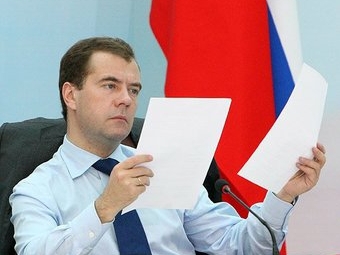The Bank of Russia raised the benchmark refinancing rate to 8.25%, while the government failed to find money for all Putin’s pre-election promisses.

Considering that the industrial production shrank in August, raising interest rates is not a typical monetary policy. However, the central bank had a little room for maneuver since January-August inflation had already exceeded the bank’s target of 6%.
While Bank of Russia demonstrates its commitment to bringing inflation down, Vladimir Putin is pumping money into the economy by increasing pensions and public sector salaries.
These decisions will damage the private sector. Financial institutions are going to follow the central bank by increasing their interest rates. German Gref, the CEO of state-controlled Sberbank, which dominates the Russian financial sector, has already acknowledged that the bank was likely to increase its interest rates. As a result, the business activity and the credit-infused consumer boom will slowdown, leading to the economy stagnation.
Further expansion of the public sector could have saved the economy from contraction. However, Medvedev’s government refused to include Putin’s generous pre-election promises into the 2013 budget. Technically, they were following the newly adopted budget rule, according to which the expected government’s oil revenues are fixed at a certain level.
Budget restrictions coupled with tough monetary policy make the economic stagnation inevitable in Russia in the mid term.





